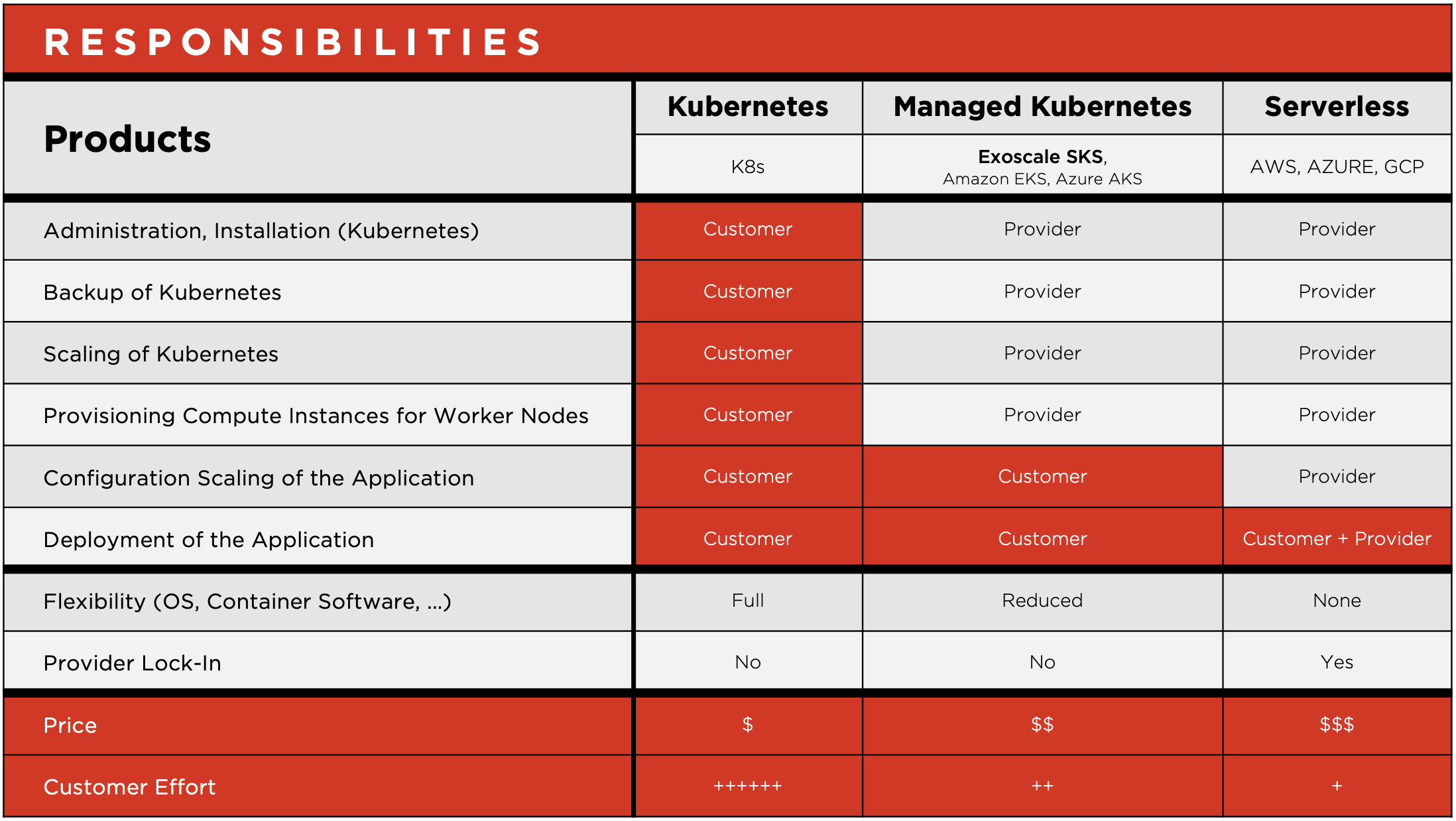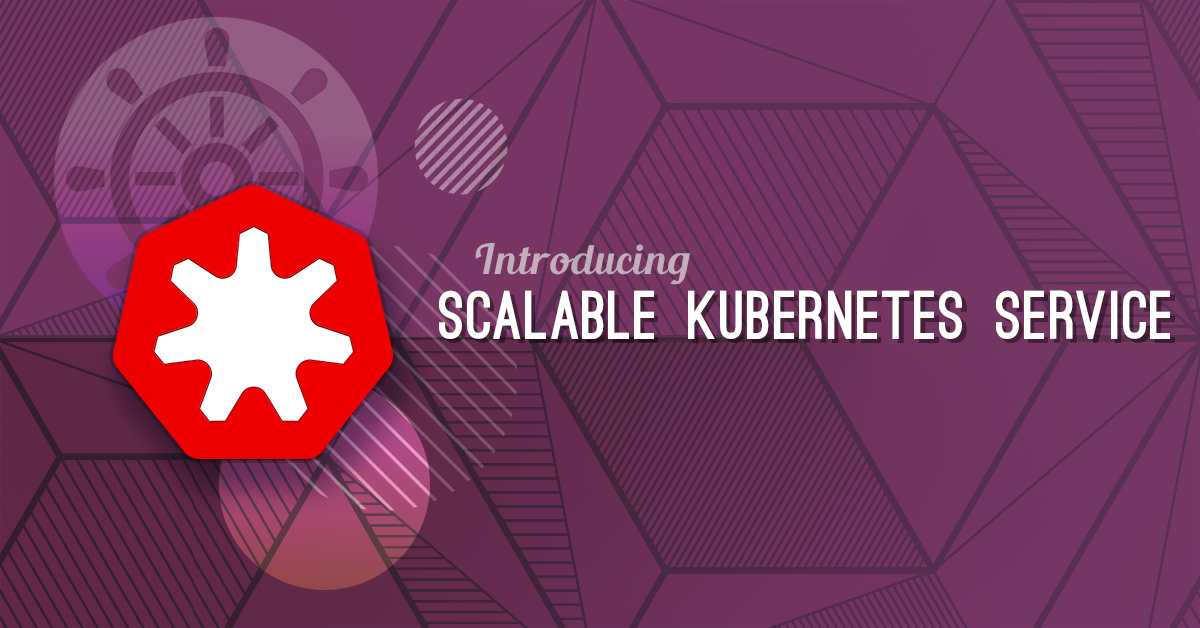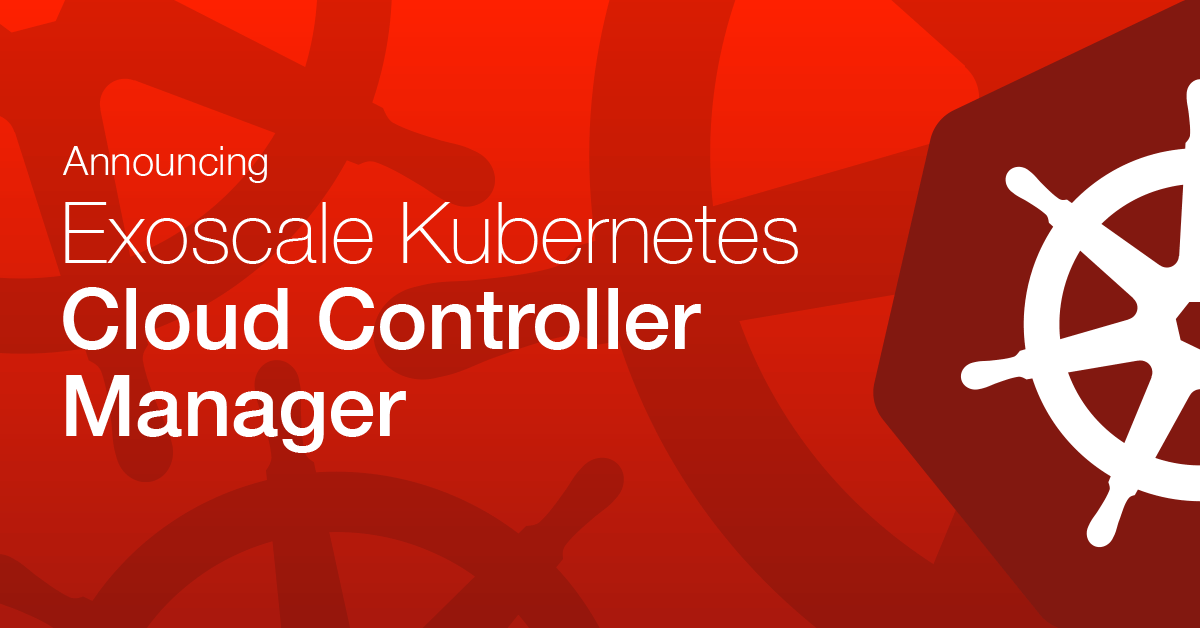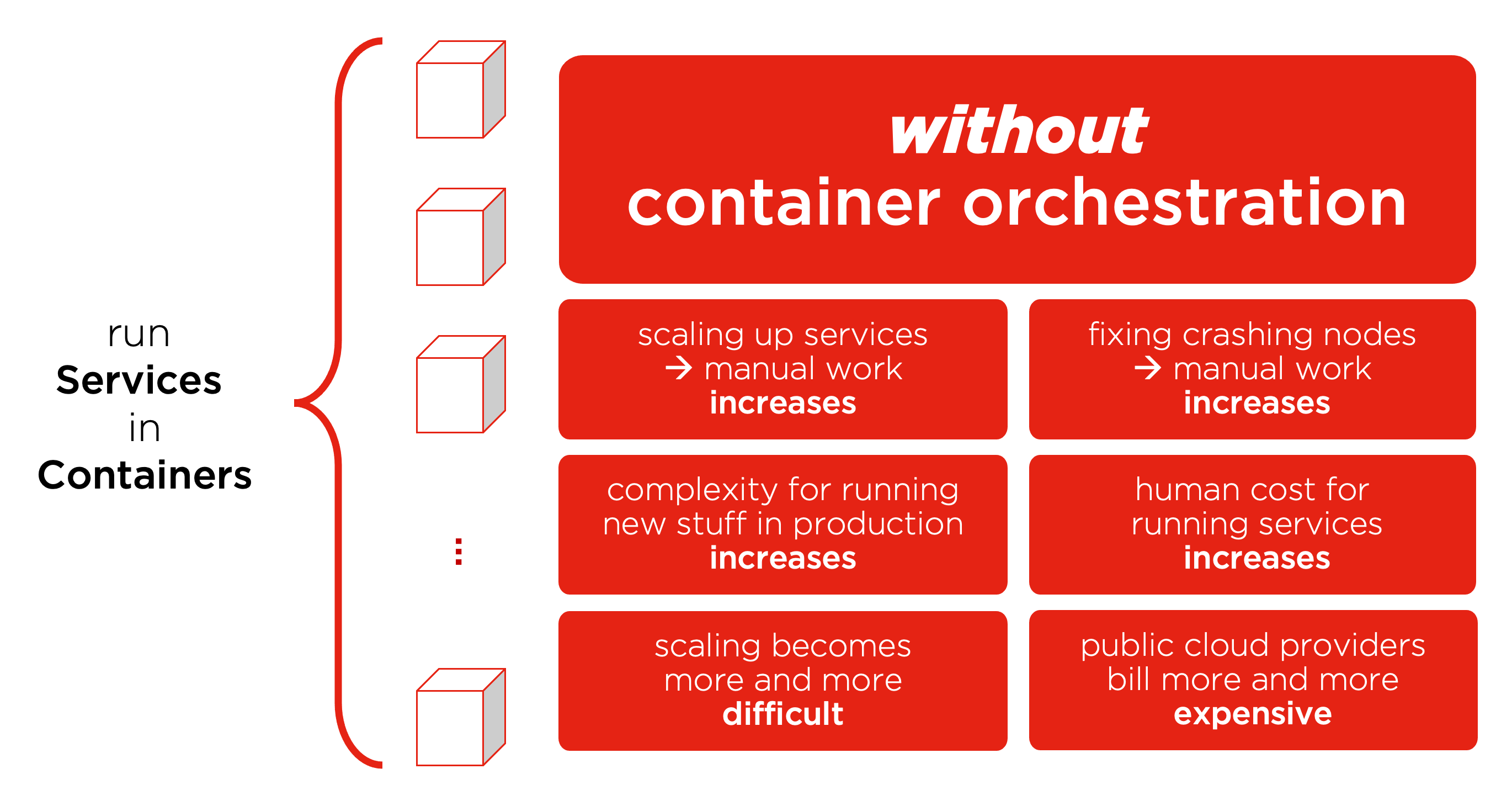This is part 2 of our series explaining Kubernetes and the various choices for your application workload.
Utilizing containers and Kubernetes in your solution stack is excellent and delivers on the app promises and fulfills your users’ expectations.
Sounds perfect. It is.
Kind of, because it introduces a lot (and I mean a lot) of complexities on the path to users-app-happiness.

Running the container orchestration part, requires the right skill set for each of the involved components. Kubernetes like all container orchestration platforms comes with great benefits but also with quite a few challenges: multiple components, a distributed database, an API server, masters, network layers,…
If you have the skills in-house and deploy them to these challenges, it’s ok. Considering that these services are available, someone else would free your skilled personnel for other maybe more business-relevant tasks. Running your “own” data centre is not a competitive advantage anymore, so is the same running your own Kubernetes clusters.
Responsibilities
Therefore, considering experts running these infrastructures components for you, might be a wise move. Breaking down the problem into operations responsibilities is an excellent approach to selecting the right level of managed services for your environment.

Kubernetes vs Managed Kubernetes vs Serverless
Running vanilla Kubernetes includes several tasks: installation, administration, backup, scaling, provisioning resources, configuring applications and last but not least app deployment. You get full flexibility for your OS, container and software choices, no provider lock-ins, lowest price possible, but wait before you want to jump on this wagon right now, the effort hidden in the enumeration of tasks above shouldn’t be underestimated.
The other extreme position is going full-in with Serverless; only responsibility is to deploy your apps. Still, you buy with this approach the luxury of little effort and no flexibility policy. The price tag is quite hefty. Not all workloads, aka apps, can be run in such a setting is another downturn.
Looking at the Golden Mean - as often in life - is worth more than one look, so let’s see what makes Managed Kubernetes so attractive. The burden of installation, administration, backup, scaling, and provisioning resources are taken from you. Controlling configuration and deployment give you the right amount of flexibility to align business requirements with IT responsibilities. The Golden Mean (Managed Kubernetes) is because of the balanced relationship between price and customer effort put in a real overall benefit and runs all workloads with no restriction.
The next step is to choose your level of “Managed” Kubernetes Service, and Exoscale provides several alternatives from Scalable Kubernetes Service to turn key solution with our Marketplace.



